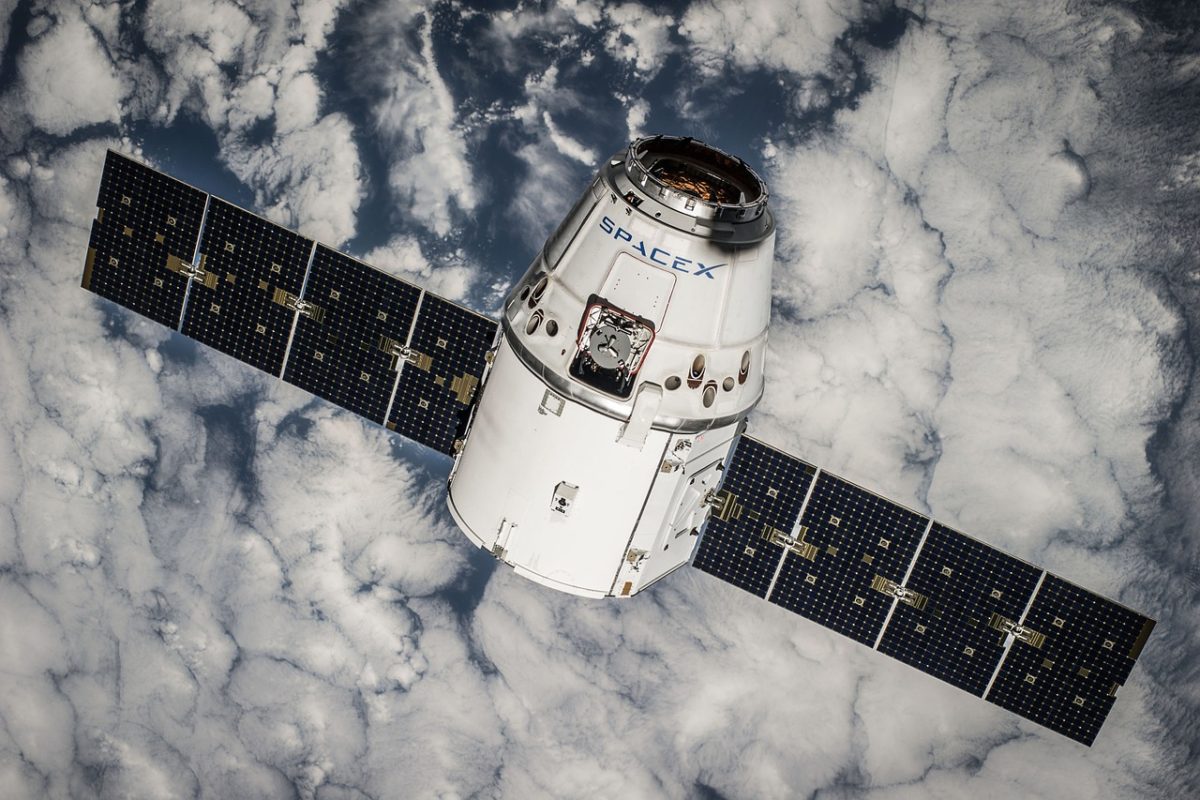The U.K. government has commissioned a study into the feasibility of assembling large solar plant satellites in space and beaming the energy generated, as high-frequency radio waves, to terrestrial receivers.
English systems, engineering and technology group Frazer-Nash Consultancy has been tasked with drawing up an engineering plan to deploy a space-based solar power system by mid century, according to a press release issued on Saturday by the U.K. government's Department for Business, Energy and Industrial Strategy (BEIS).
BEIS said the advent of private, commercial space launches has changed the economics of space-based operations to such an extent, in-space assembly of the infrastructure required may be feasible. The engineering and economics of such an operation will be compared with other renewable energy solutions as the U.K. aims for a net-zero carbon economy by 2050.
Forecaster Oxford Economics is also involved in the feasibility study, according to Frazer-Nash space business manager Martin Soltau.
Soltau, quoted in the BEIS press release, said: “Frazer-Nash is studying the leading international solar power satellite designs and we will be drawing up the engineering plan to deploy an operational SBSP [space-based solar power] system by 2050. We are forming an expert panel comprised of leading SBSP experts and space and energy organizations, to gain a range of industry views. We will compare SBSP alongside other forms of renewable energy to see how it would contribute as part of a future mix of clean energy technologies.”
UK Space Agency chief executive Graham Turnock said: “The sun never sets in space so a space solar power system could supply renewable energy to anywhere on the planet, day or night, rain or shine. It is an idea that has existed for decades but has always felt decades away. The U.K. is growing its status as a global player in space and we have bold plans to launch small satellites in the coming years. Space solar could be another string to our bow, and this study will help establish whether it is right for the U.K.”
This content is protected by copyright and may not be reused. If you want to cooperate with us and would like to reuse some of our content, please contact: editors@pv-magazine.com.




4 comments
By submitting this form you agree to pv magazine using your data for the purposes of publishing your comment.
Your personal data will only be disclosed or otherwise transmitted to third parties for the purposes of spam filtering or if this is necessary for technical maintenance of the website. Any other transfer to third parties will not take place unless this is justified on the basis of applicable data protection regulations or if pv magazine is legally obliged to do so.
You may revoke this consent at any time with effect for the future, in which case your personal data will be deleted immediately. Otherwise, your data will be deleted if pv magazine has processed your request or the purpose of data storage is fulfilled.
Further information on data privacy can be found in our Data Protection Policy.